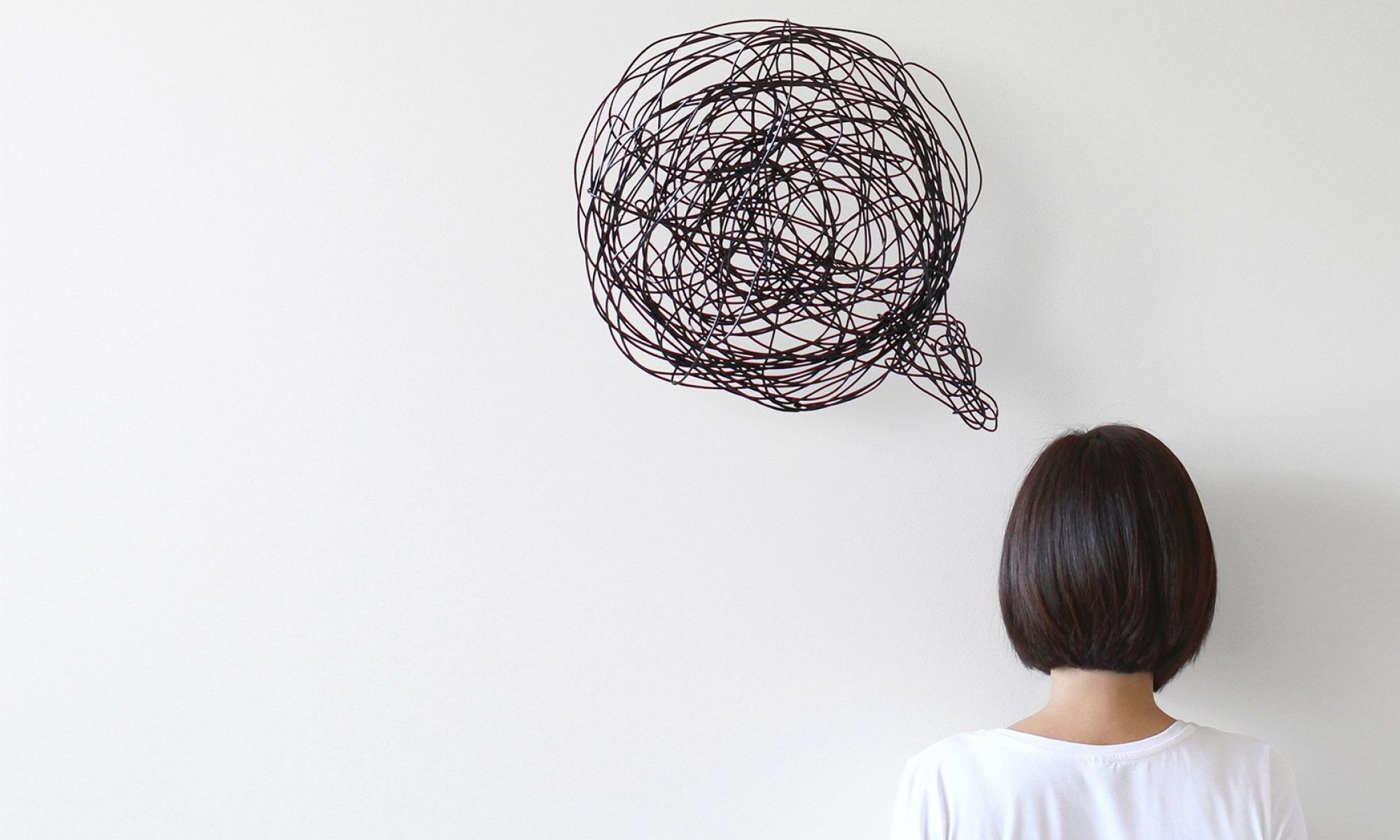Anxiety is a word, and a condition, that comes with a lot of general preconceptions, not all of them accurate. So perhaps a definition will be handy right off the bat.
“It’s a defence mechanism, a survival mechanism,” said André Delorme, Quebec’s director general of Mental Health Services and Forensic Psychiatry and a leader of the government’s annual mental health awareness campaign, focusing this year on anxiety disorders.
“Everybody has anxiety,” Delorme said. “Ten thousand years ago, when you were in the woods and encountered a sabre-toothed cat, you had to be afraid and run for your life. Today, if you’re crossing the road and there’s a bus coming, you have to be afraid and get out of its way.”
The challenge is in distinguishing between a healthy level of anxiety and more extreme forms, where it becomes a disorder that can be debilitating if left unaddressed. Does anxiety persist after the situation causing it has ended? Does it cause an uncommonly high level of stress? Does it show itself even in non-anxious situations, becoming an overriding preoccupation? Does it keep a person from functioning in a normal way at work, in social settings, or in other everyday conditions? If the answer to any or all of these questions is yes, there’s a good chance of something requiring attention and even professional treatment.

